Introducing the new nutrient management planning tool on GOV.UK
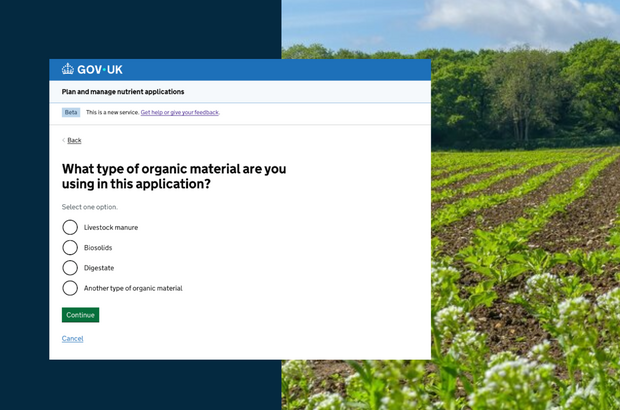
Managing nutrients effectively is one of the most important jobs a farmer does. To make this easier, we’ve launched a new tool on GOV.UK.

Managing nutrients effectively is one of the most important jobs a farmer does. To make this easier, we’ve launched a new tool on GOV.UK.
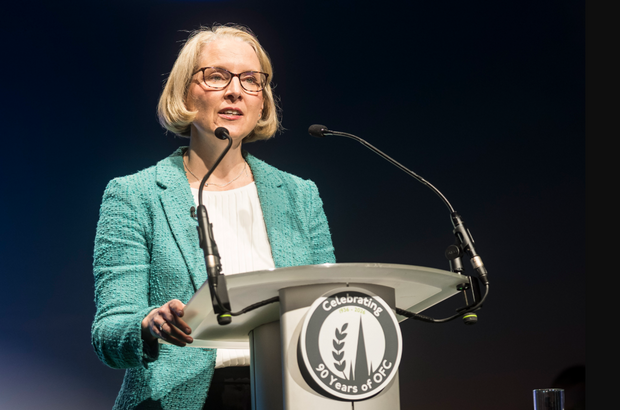
Today at the Oxford Farming Conference, the Environment Secretary made a series of announcements to support farmers in England, with a focus on clarity, partnership and growth.
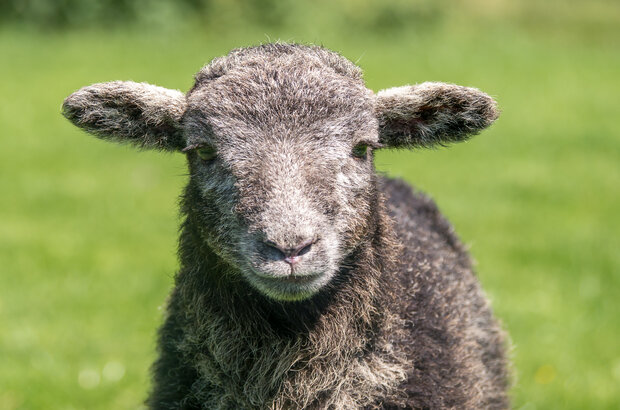
The Dogs (Protection of Livestock) (Amendment) Act 2025 received Royal Assent today, strengthening legal protections for farmers against livestock worrying.
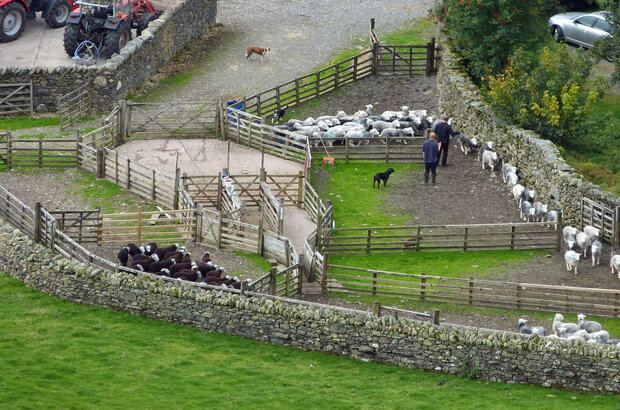
The Farming Profitability Review 2025, an independent review led by Baroness Minette Batters, has been published.
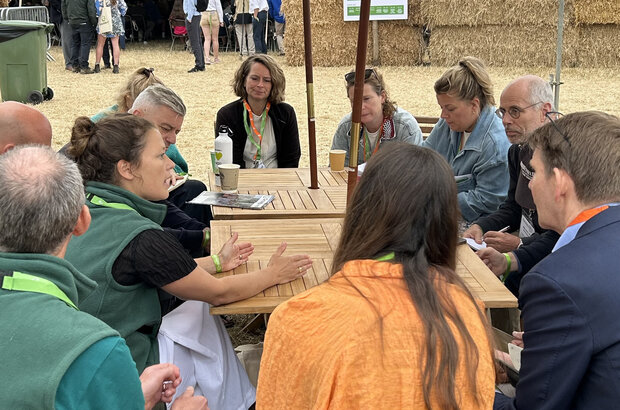
Over the past year, I’ve been out and about with my team talking to farmers and others across the farming sector — from agents and agronomists to academics and advisers. To help us plan for 2026, we welcome your suggestions on where we should visit.
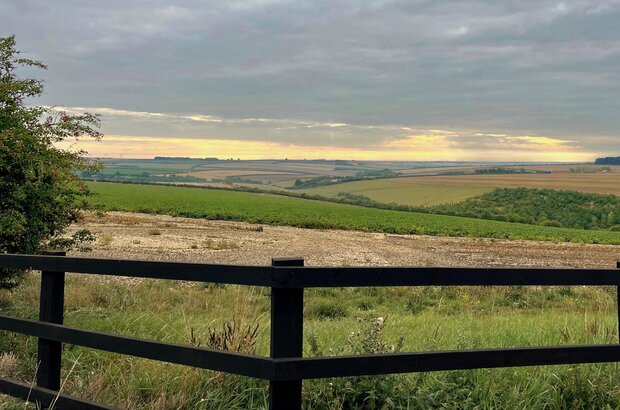
The Farming and Countryside Programme’s annual report is out, highlighting how funding has helped farmers, foresters, and land managers support nature, sustainable food, and innovation. In addition to this, guidance for Countryside Stewardship Higher Tier applications is available, with the online service opening next week for invited applicants who have completed pre-application advice.

Good design starts with listening, which is why we are encouraging farmers in England to join Defra’s Farming and Countryside user research panel.
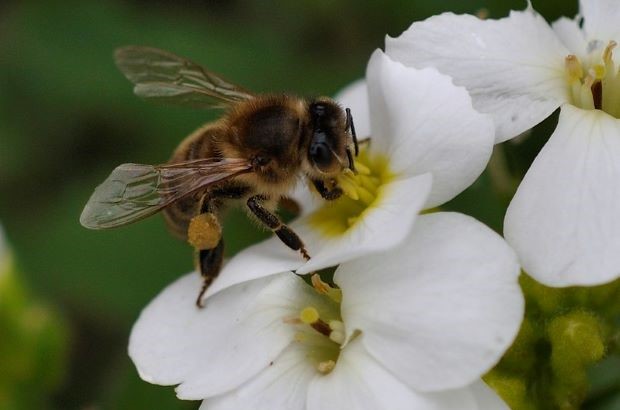
This is a short post to let you know that we’ve now fully allocated all available funding for the 2025 round of Capital Grants. The next round of funding will be available in 2026.

In this post, we summarise the government's £5 billion investment in farming. We outline how the funding is allocated across the Farming and Countryside Programme. We also highlight recent updates and future plans.

Following the temporary closure of the Capital Grants scheme in November 2024, we’re pleased to share that we’ve secured sufficient funding for Capital Grants for 2025/26. This means we can now process the 4,040 completed Capital Grants applications that were on hold.